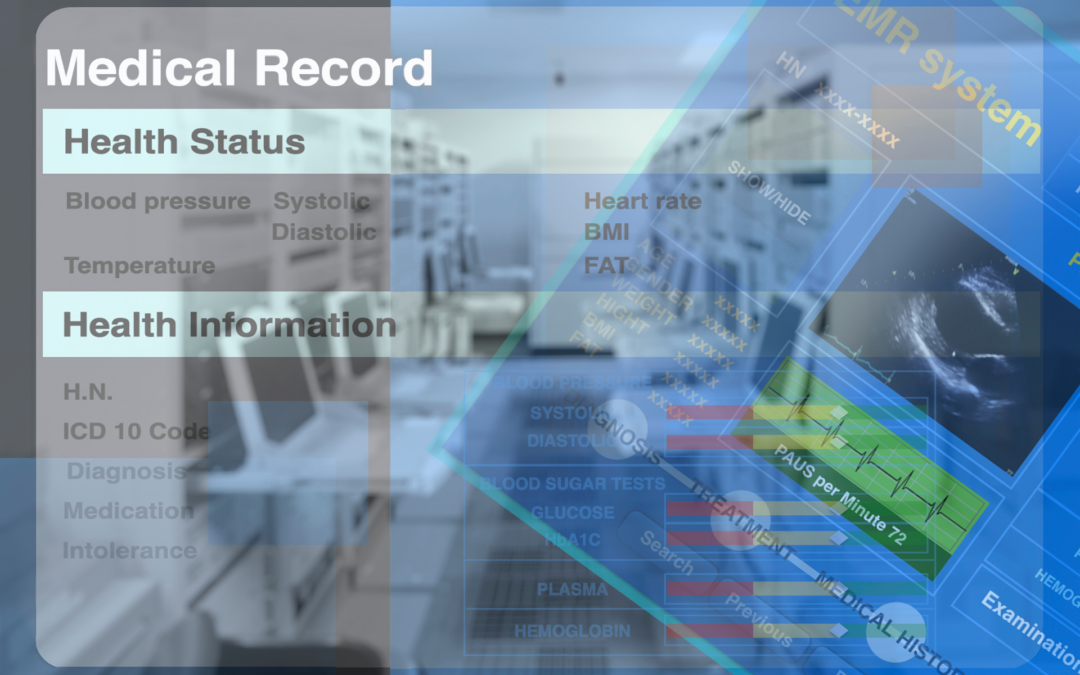When you’re involved in a personal injury case, your medical records become a pivotal piece of evidence that can make or break your case. They provide a detailed account of your injuries, treatments and the impact on your daily life, all of which are crucial for building a strong legal argument.
Why medical records matter
Here are five top ways medical records can help win your case:
- Evidence of injury: Medical records document the nature and extent of your injuries. This includes initial emergency room visits, diagnostic tests, surgeries and any necessary follow-up appointments. They provide objective evidence that your injuries are real and serious.
- Treatment timeline: Your medical records establish a timeline of your treatments, which is critical in demonstrating the progression of your injuries and the necessary medical care. This timeline can help counter claims by the defense that your injuries are not severe or are unrelated to the incident.
- Linking injuries to the incident: Consistent medical documentation helps to directly link your injuries to the specific incident. For instance, if you sustained a back injury in a car accident, your medical records should show the correlation between the accident and your injury.
- Determining damages: Medical records help quantify your damages. They provide evidence of your medical expenses, including hospital bills, prescription costs and rehabilitation fees. Additionally, they can illustrate the need for future medical care, contributing to your claim for future medical expenses.
- Supporting testimony: In court, medical professionals can use your records to provide expert testimony. Their insights and interpretations can validate your claims and reinforce the credibility of your case.
How to obtain your medical records
Under the Health Insurance Portability and Accountability Act (HIPAA), you have the right to access your medical records. This federal law ensures that you can request and receive copies of your health information. However, you’ll likely need to submit a written request to your healthcare provider. Many providers have specific forms for this purpose and you must fill them out accurately and thoroughly to avoid any delays or denials. Be as specific as possible about the information required including dates of treatment, types of records (e.g., X-rays, lab results, doctor’s notes) and the names of healthcare providers.
Medical records departments may take some time to process your request. Under HIPAA, providers are generally required to respond within 30 days, though this period can sometimes be extended. Delays can be detrimental to your legal case, so request them as soon as possible. Also, be prepared for fees. Healthcare providers may charge a fee for copying and mailing your medical records. In Georgia, these fees are regulated to ensure they remain reasonable, but it’s always a good idea to ask about any costs upfront. We have experience in obtaining medical records and can help you through this process.
Patient rights to medical records in Georgia
Georgia state laws align with federal HIPAA regulations, providing patients with the right to access and possibly amend their medical records. If you believe there is an error in your medical records, you have the right to request an amendment. Understand that while the provider must respond to your request, they are not obligated to make the changes.
Also, know that your medical records are protected under HIPAA, ensuring that your personal health information is kept confidential and secure. No insurance company, whether yours or anyone else’s, including the other driver’s insurer after a car accident, has the legal right to obtain your medical records without your consent and authorization. You have a near-total right of privacy when it comes to who can or cannot see your medical records.
Understanding your rights and knowing how to obtain your medical records can empower you to build a stronger personal injury case. Your medical records are more than just documents; they are a testament to your experiences and the foundation of your claim for justice and compensation.
Contact us for a free case review
If you or a loved one has been injured and need assistance with your personal injury case, Farrar, Hennesy & Tanner can help. Our experienced attorneys are dedicated to fighting for your rights and ensuring you receive the compensation you deserve. Contact us today at 912-384-2287 or visit our website to request a free case review.
SEE ALSO:
The Role of Accident Reconstruction and Medical Experts in Georgia Auto Accidents
How Third-Party Liability Can Impact Your Personal Injury Case

